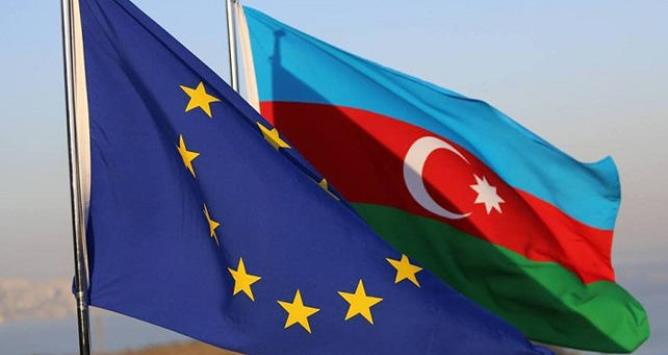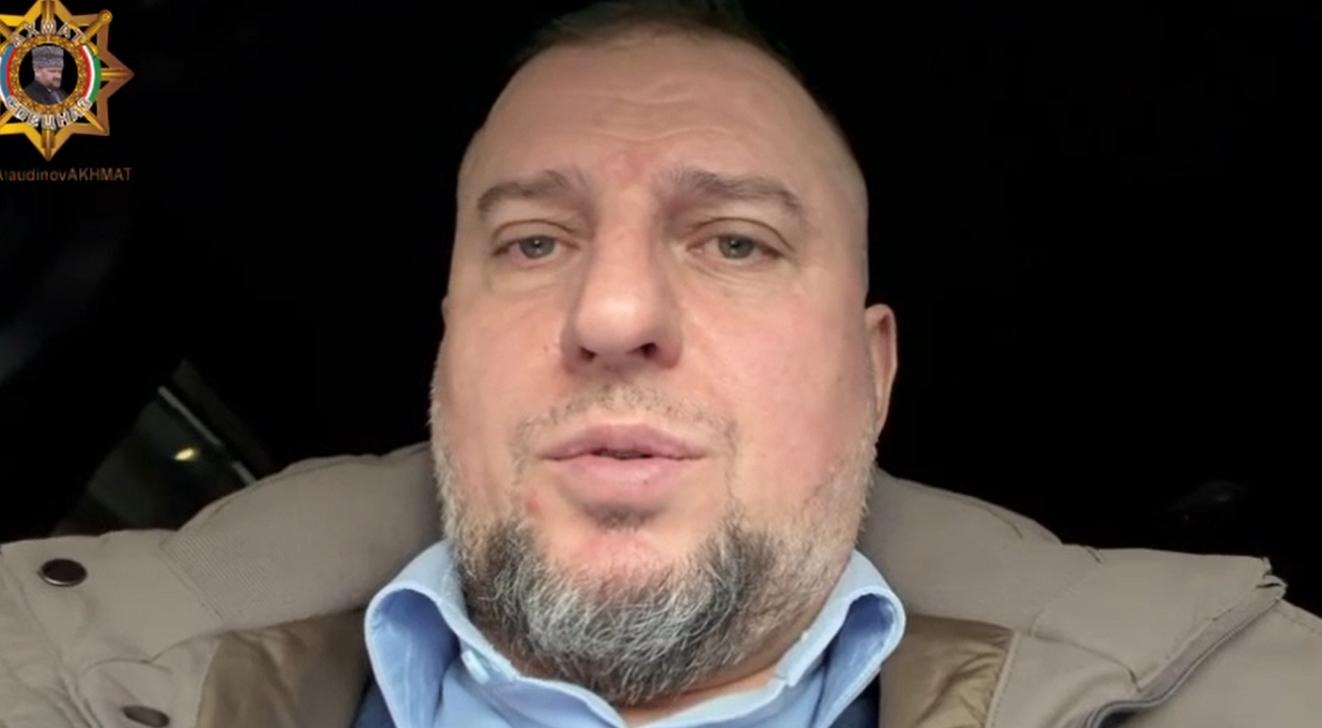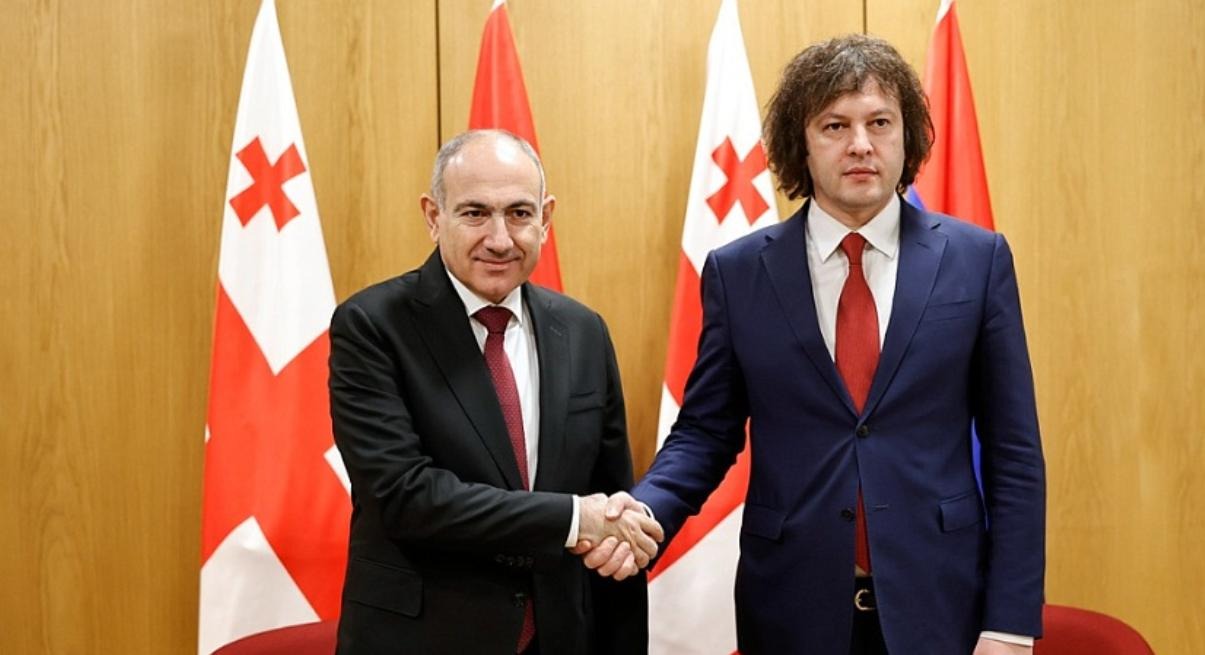According to the Council of Europe, Azerbaijan ranks first in Europe for the number of journalists arrested and convicted. At the end of 2025, the country had 36 such journalists—out of a total of 148 across the continent. Russia accounts for 32 repressed media workers, Armenia for two, and Georgia for one.

According to official data, partial mobilization was supposed to cover 300 thousand people. However, regional human rights organizations and activists note that the mobilization disproportionately affected ethnic minorities. Thus, according to State Duma deputy from Yakutia Sardana Avksentyeva, if in the Kursk region 0.9% of men of military age were mobilized, in the Novosibirsk region - 0.27%, then in Kalmykia - 1.41%, in Yakutia - 1.66%.
Memorial Center for Human Rights lawyer Daavr Dorzhin from Kalmykia has other data. “There are inexplicable anomalies in recruitment from the regions. Some are squeezed dry, while others, on the contrary, are obliged to provide fewer military personnel... We have one of the highest mobilization rates - 2.2%. According to the 2020 population census, about 267 thousand people lived in the Republic of Kalmykia, of which about 128 thousand were men. Consequently, we can assess the scale of the demographic disaster for the people.”
According to Russian laws, representatives of small indigenous peoples (that is, those living in territories of traditional settlement, preserving traditional lifestyles, economic activities and crafts and numbering less than 50 thousand people in Russia) have the right to replace military service with alternative civilian service. However, these laws do not stop military commissars - as is known, indigenous peoples, citizens on health commissions, fathers of many children, sole breadwinners of parents, and even minors and already deceased men are subject to mobilization.
But if in the case of indigenous peoples being sent to the front are still isolated cases, then more numerous ethnic groups that do not fall into the category of “indigenous”, including Caucasian ones, are faced with a serious threat of demographic catastrophe.
On October 15, representatives of a number of public human rights organizations in Kabardino-Balkaria appealed to the authorities of the republic to stop the persecution of participants in the anti-mobilization rally in Nalchik on September 25.
In addition, their appeal raises a larger problem: “Many observers and experts argue that the percentage of those mobilized in the republics is much higher than in other constituent entities of the Russian Federation. The head of Chechnya announced that there would be no mobilization in the Chechen Republic. According to incoming information, the leaders of Dagestan, Ingushetia and the Republic of Sakha-Yakutia are demanding a suspension of mobilization, believing that this threatens the culture and gene pool of small peoples.”
The authors of the appeal called on the head of Kabardino-Balkaria, Kazbek Kokov, as the guarantor of the constitutional rights and freedoms of the residents of the republic, “to contact the federal authorities with a request to suspend the mobilization of representatives of our republic, as this could lead to serious and irreparable losses of the national gene pool of the peoples who in the recent past , as we know, were subjected to the most severe tests with unprecedented losses.”



